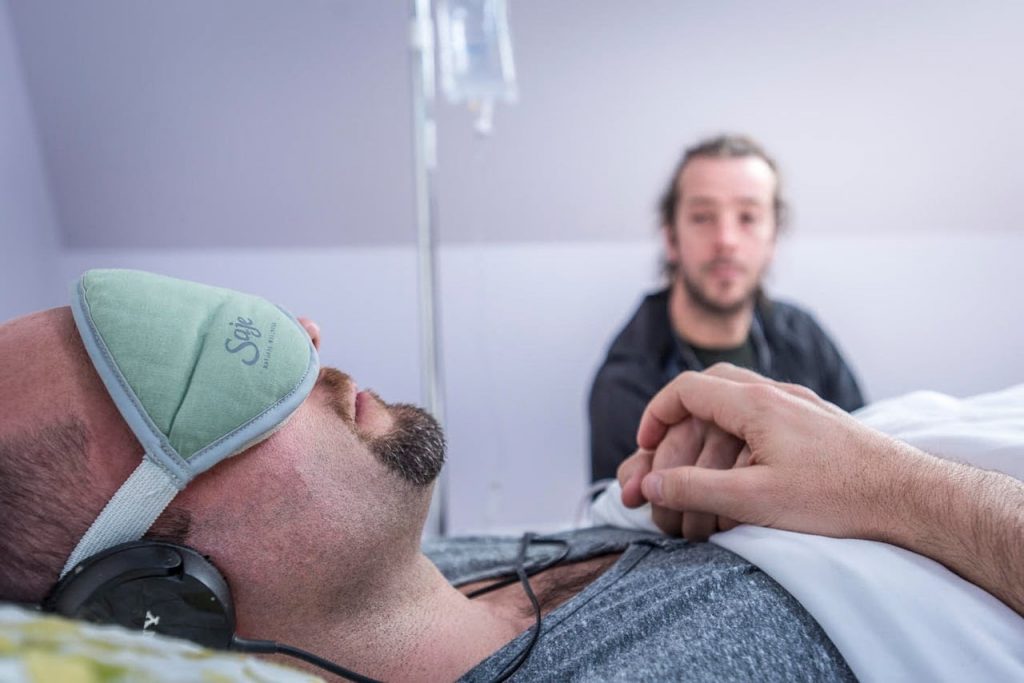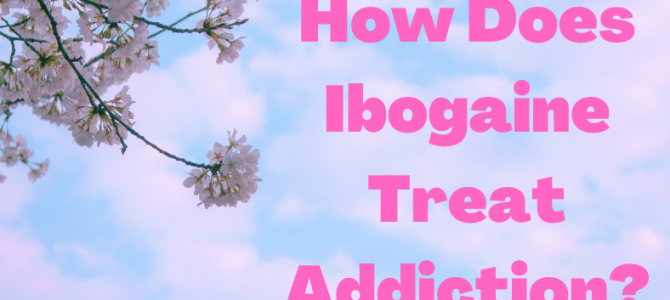Methods of Drug Addiction Treatment
In treating addictions such as drug addiction, there are two popular methods that have been utilized for many years now. These two methods are known as neuroleptic drugs and antidepressants and are used regularly in dual diagnosis treatment. Neuroleptics can work by blocking neurotransmitters in the brain such as dopamine and noradrenaline. Once the neurotransmitters are blocked, the receptors cannot receive the signal for the chemical called dopamine. This causes the patient to have the feeling of being unconnected from their surroundings or feeling detached emotionally.

Medications Used in Drug Addiction Treatment
The drug Bupropion is derived from the plant called Salvia Cordata and is commonly used to treat hypertension. It works by preventing the nerve impulses controlling the muscles from getting released. When the drug is used continuously, it will eventually cause the drug to reach the parts of the brain that are responsible for memory, movement, behavior, sexual function and craving. By blocking these sites, it prevents the drug from getting into the receptors.
Another medication that is often used in the treatment of drug addiction is Antabuse. It has been designed to help curb the craving the patient may have for their drug of choice. What happens is that the brain’s neurotransmitters are again sent to their proper places but with Antabuse, they only get released when the patient needs them. When they are blocked, the patient begins to have withdrawal symptoms. Antabuse on its own however cannot break down or stop a brain chemical which means it cannot be used as a stand-alone drug.
The last form of medication used in ibogaine therapy is Clonidine. It is given through injection. It works by preventing dopamine from getting into the brain. Once it gets there, it gets metabolized into lactic acid which causes cramps and other such discomforts similar to those of a heart attack. As a result, users of Clonidine for the treatment of addiction will often need to go through IV therapies in addition to being on an ongoing maintenance plan.

In many countries around the world, it is widely used as a treatment for addiction. Countries such as Thailand, Malaysia, and others have seen massive increases in their ibogaine use over the past decade. One reason for this is that they have become less interested in traditional forms of medication, such as those used for chronic conditions or diseases. The government in these countries often promotes the use of this treatment because it is relatively cheap to obtain, relatively easy to administer, and has a high success rate when used under the care of qualified professionals. As such, the government encourages more people to try out this treatment for their addictions, especially those who can’t afford other forms of treatment.
Conclusion
If you or a loved one suffer from any type of addiction, whether it be drugs, alcohol, or something else, you may want to talk to your doctor about ibogaine. While there are no known side effects at this time, it is still important to consult with your doctor so you can determine if this would be a good option for your addiction. Ibogaine may not cure your addiction or the stress that may come with it but using this treatment may help to significantly reduce its severity and the associated symptoms.
